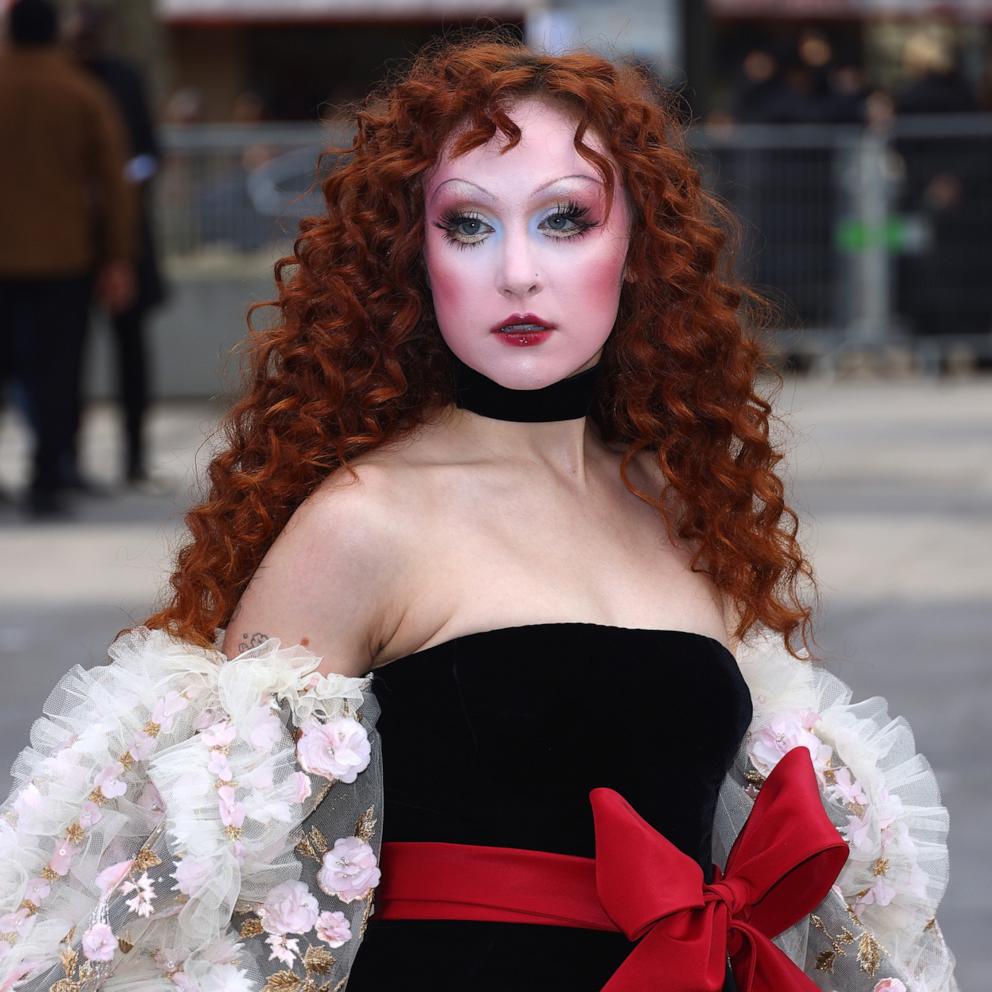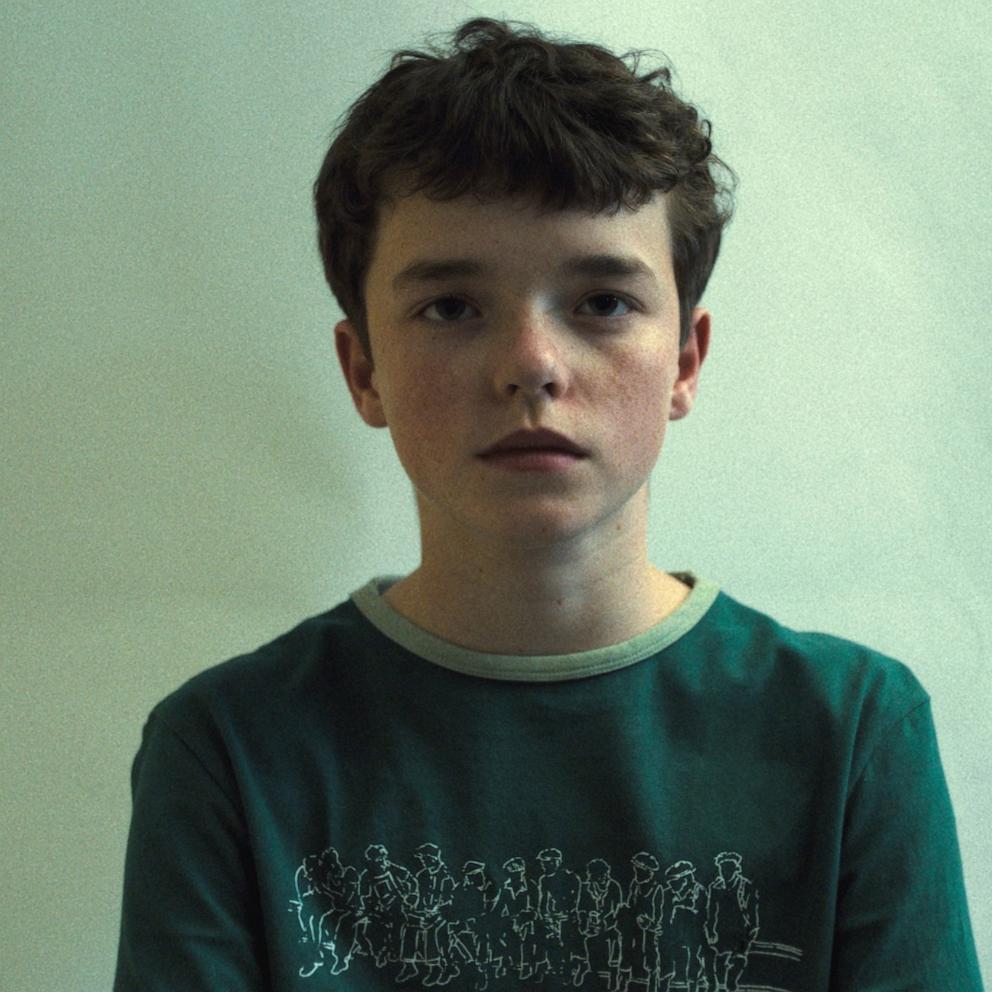The rise of Black mermaids in film and books
Less than two months away from the anticipated release of "The Little Mermaid" starring Halle Bailey, a Trinidadian author has published a book that explores the life of a Black mermaid and Black pirate, pushing for public acceptance of Black mermaids in books and films.
"Mermaid and Pirate" by Tracey Baptiste serves as an ode to all the characters that have existed in African and Caribbean folklore that have not been included in popular Western culture.
"I feel like there's been, in recent years, a lot of conversations about being able to see yourself in a book," Baptiste told ABC News. "The idea of integrating this kind of literature into what I do is something that's just automatic. It's just natural. … You cannot separate Caribbean literature from West African literature really because a lot of the stories, especially the folklore, come directly from West Africa."

Baptiste, 51, knew she wanted to be a writer since she was 3 years old. Her first book, titled "The Jumbies," was published in 2015.
When she was first starting out, Baptiste was also working as an elementary school teacher and was a young mother.
In July 2019, the announcement that Bailey had been cast in the role of Ariel in the live-action rendition of "The Little Mermaid" sparked controversy worldwide, with viewers skeptical of a Black woman taking on the iconic Disney character.
Although some audiences were in disbelief over Bailey's role in the film, there were also many vocal supporters of the casting decision, as well as emotional and inspiring viral videos of young girls who now saw themselves in Ariel.
"I was crying all night for two days, just staring at them in disbelief," Bailey said in an interview with The Face earlier this year, referring to videos of young Black girls reacting to the live-action movie's first teaser trailer. "It just makes me feel more grateful for where I am."
The viral videos hit home for Baptiste as well.
"I loved seeing little girls seeing that first trailer for the first time and watching their faces light up when they realized that Ariel is Black," she said. "It is such a powerful image to have somebody who looks like you to be in this huge iconic role."

Baptiste wrote an op-ed -- "Mermaids Have Always Been Black" -- published in The New York Times shortly after the announcement.
"I was super excited about Halle Bailey becoming Ariel. I loved mermaid stories when I was a kid, and I think swimming in the ocean, I thought of myself as a mermaid and very much identified with mermaids," Baptiste told ABC News. "It really shouldn't be surprising that Ariel could be, you know, that Halle Bailey could play the role as a Black woman."
Her Times opinion column specifically explored the presence of mermaid-like creatures in African folklore centuries before it was used in the West, noting that "water spirits abound in African stories."
"We have been so used to a particular dominant culture that when there are other people coming in and taking on roles, especially these kinds of fantasy roles, people are just so used to the dominant culture that they cannot conceive of anybody else playing these parts," she said.
Baptiste said that her newly released book, "Mermaid and Pirate," not only strives to put other races in fantasy roles, but also to teach a lesson that she believes translates to the real world.
"The big takeaway in 'Mermaid and Pirate' is that you can become friends with somebody even though you come from different cultures or even don't speak the same language," she said. "I hope that kids and parents will get from 'Mermaid and Pirate' just friendship against all odds."




